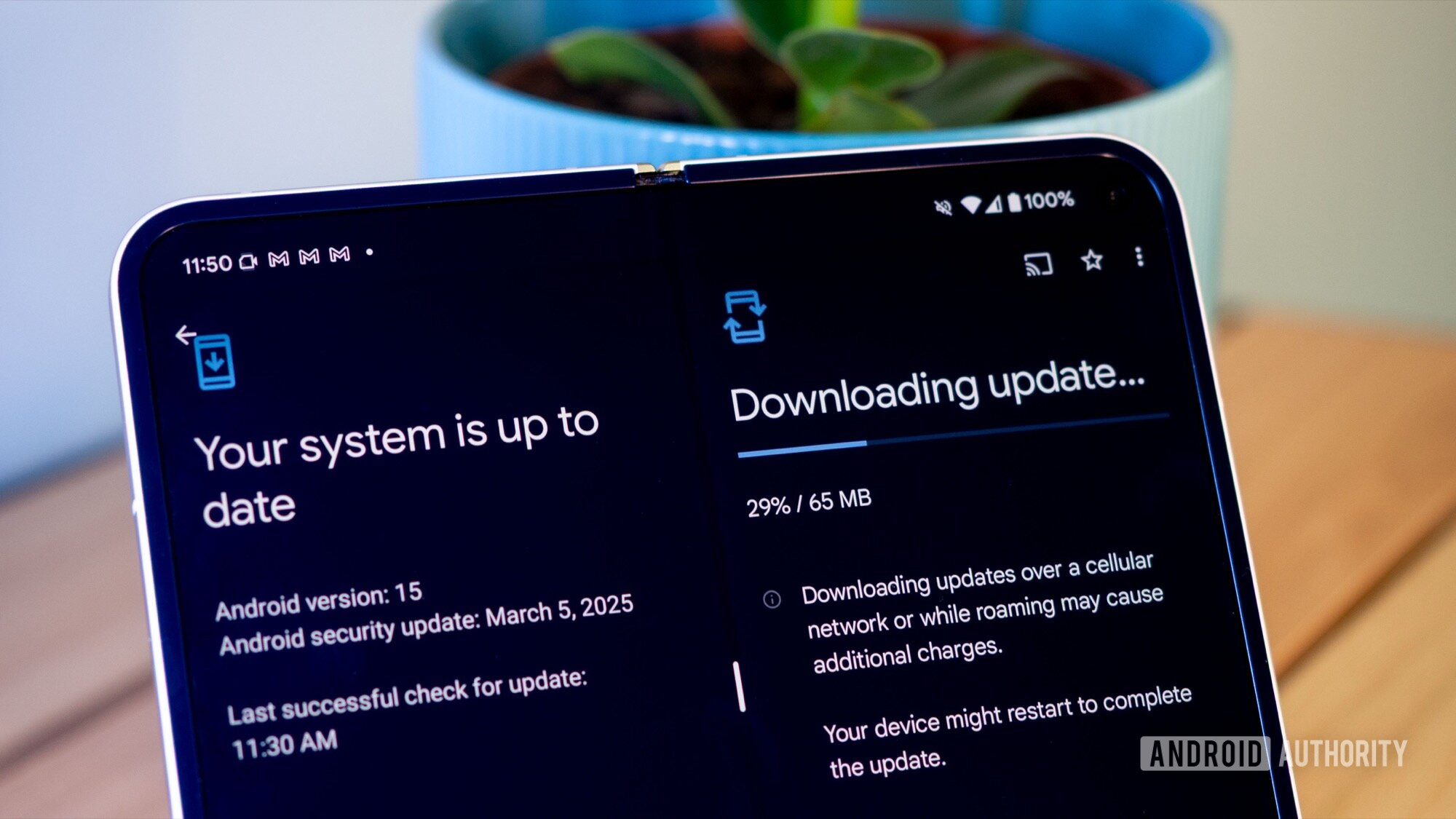JavaScript Functions Tutorial: Writing Clean and Reusable Code
Introduction JavaScript is one of the most widely used programming languages for web development. Whether you are a beginner or an experienced developer, understanding how to write clean and reusable functions is essential. This JavaScript tutorial will guide you through the best practices for writing functions that improve efficiency, maintainability, and readability. If you have ever wondered, what is JavaScript and how to write functions effectively, this guide is for you. What is JavaScript? Before diving into functions, let’s first understand what is JavaScript. JavaScript is a high-level, interpreted programming language primarily used to create dynamic and interactive web applications. It allows developers to implement complex features on web pages, such as animations, form validations, and interactive elements. One of its core strengths is its ability to use functions to make code more structured and reusable. Understanding JavaScript Functions Functions are blocks of code designed to perform a specific task. Instead of writing the same code multiple times, functions allow you to define the logic once and reuse it whenever needed. This makes the code modular, efficient, and easier to debug. Functions in JavaScript are the building blocks of well-structured programs. They help in reducing redundancy, improving readability, and making the code more maintainable. Benefits of Using Functions in JavaScript 1. Reusability – Functions allow you to write code once and use it multiple times, reducing duplication. 2. Readability – Code becomes easier to understand when it is divided into smaller, manageable parts. 3. Maintainability – Fixing or updating a function is easier than modifying multiple lines of repeated code. 4. Debugging – Errors can be isolated and fixed within a function instead of scanning the entire codebase. 5. Modularity – Breaking down a program into functions makes it more organized and efficient. Writing Clean JavaScript Functions To ensure that your JavaScript functions are effective, it is essential to follow best practices. Here are some tips to write clean and reusable functions. 1. Use Meaningful Function Names Function names should clearly describe what the function does. A good name helps other developers (and your future self) understand the purpose of the function at a glance. 2. Keep Functions Short and Focused A function should perform a single, well-defined task. If a function is doing too many things, consider breaking it into smaller functions. This improves readability and makes debugging easier. 3. Avoid Global Variables Using global variables inside functions can lead to unexpected results, especially in large applications. Instead, pass necessary values as arguments to keep the function independent and reusable. 4. Use Default Parameters When writing functions, you can assign default values to parameters. This ensures that even if a parameter is missing, the function still works correctly. 5. Return Values Instead of Modifying Global State Functions should return values instead of directly modifying external variables. This makes them predictable and easier to test. 6. Follow Consistent Formatting and Style Consistent indentation, spacing, and naming conventions improve readability. Stick to a recognized style guide to maintain uniformity in your code. Best Practices for Reusable Functions Reusable functions save time and effort in the long run. Here are some strategies to make functions more adaptable and efficient. 1. Use Parameters and Arguments Effectively A function should be flexible enough to handle different inputs. Instead of hardcoding values inside a function, use parameters to pass necessary data dynamically. 2. Avoid Side Effects A function should not alter external variables or data structures unless absolutely necessary. Keeping functions pure ensures they work consistently regardless of the environment. 3. Use Function Composition Function composition means combining multiple small functions to create a more complex one. This approach keeps code modular and prevents redundant logic. 4. Make Use of Higher-Order Functions Higher-order functions take other functions as arguments or return them as results. These functions make it easier to create reusable utilities and simplify complex logic. 5. Document Your Functions Adding comments and documentation helps others understand how your function works and how to use it. A well-documented function is easier to maintain and share. Conclusion Functions are one of the most important aspects of JavaScript programming. Writing clean and reusable functions improves code quality, makes debugging easier, and enhances collaboration among developers. By following best practices like meaningful naming, modular

Introduction
JavaScript is one of the most widely used programming languages for web development. Whether you are a beginner or an experienced developer, understanding how to write clean and reusable functions is essential. This JavaScript tutorial will guide you through the best practices for writing functions that improve efficiency, maintainability, and readability. If you have ever wondered, what is JavaScript and how to write functions effectively, this guide is for you.
What is JavaScript?
Before diving into functions, let’s first understand what is JavaScript. JavaScript is a high-level, interpreted programming language primarily used to create dynamic and interactive web applications. It allows developers to implement complex features on web pages, such as animations, form validations, and interactive elements. One of its core strengths is its ability to use functions to make code more structured and reusable.
Understanding JavaScript Functions
Functions are blocks of code designed to perform a specific task. Instead of writing the same code multiple times, functions allow you to define the logic once and reuse it whenever needed. This makes the code modular, efficient, and easier to debug.
Functions in JavaScript are the building blocks of well-structured programs. They help in reducing redundancy, improving readability, and making the code more maintainable.
Benefits of Using Functions in JavaScript
1. Reusability – Functions allow you to write code once and use it multiple times, reducing duplication.
2. Readability – Code becomes easier to understand when it is divided into smaller, manageable parts.
3. Maintainability – Fixing or updating a function is easier than modifying multiple lines of repeated code.
4. Debugging – Errors can be isolated and fixed within a function instead of scanning the entire codebase.
5. Modularity – Breaking down a program into functions makes it more organized and efficient.
Writing Clean JavaScript Functions
To ensure that your JavaScript functions are effective, it is essential to follow best practices. Here are some tips to write clean and reusable functions.
1. Use Meaningful Function Names
Function names should clearly describe what the function does. A good name helps other developers (and your future self) understand the purpose of the function at a glance.
2. Keep Functions Short and Focused
A function should perform a single, well-defined task. If a function is doing too many things, consider breaking it into smaller functions. This improves readability and makes debugging easier.
3. Avoid Global Variables
Using global variables inside functions can lead to unexpected results, especially in large applications. Instead, pass necessary values as arguments to keep the function independent and reusable.
4. Use Default Parameters
When writing functions, you can assign default values to parameters. This ensures that even if a parameter is missing, the function still works correctly.
5. Return Values Instead of Modifying Global State
Functions should return values instead of directly modifying external variables. This makes them predictable and easier to test.
6. Follow Consistent Formatting and Style
Consistent indentation, spacing, and naming conventions improve readability. Stick to a recognized style guide to maintain uniformity in your code.
Best Practices for Reusable Functions
Reusable functions save time and effort in the long run. Here are some strategies to make functions more adaptable and efficient.
1. Use Parameters and Arguments Effectively
A function should be flexible enough to handle different inputs. Instead of hardcoding values inside a function, use parameters to pass necessary data dynamically.
2. Avoid Side Effects
A function should not alter external variables or data structures unless absolutely necessary. Keeping functions pure ensures they work consistently regardless of the environment.
3. Use Function Composition
Function composition means combining multiple small functions to create a more complex one. This approach keeps code modular and prevents redundant logic.
4. Make Use of Higher-Order Functions
Higher-order functions take other functions as arguments or return them as results. These functions make it easier to create reusable utilities and simplify complex logic.
5. Document Your Functions
Adding comments and documentation helps others understand how your function works and how to use it. A well-documented function is easier to maintain and share.
Conclusion
Functions are one of the most important aspects of JavaScript programming. Writing clean and reusable functions improves code quality, makes debugging easier, and enhances collaboration among developers. By following best practices like meaningful naming, modular design, and avoiding side effects, you can create efficient and maintainable JavaScript code.
This JavaScript tutorial covered the essentials of writing effective functions, ensuring you can build robust and scalable applications. Now that you understand what is JavaScript and how functions play a crucial role, you can start implementing these principles in your projects to improve code organization and efficiency.













































































































































































![[The AI Show Episode 142]: ChatGPT’s New Image Generator, Studio Ghibli Craze and Backlash, Gemini 2.5, OpenAI Academy, 4o Updates, Vibe Marketing & xAI Acquires X](https://www.marketingaiinstitute.com/hubfs/ep%20142%20cover.png)


























































































































![[FREE EBOOKS] The Kubernetes Bible, The Ultimate Linux Shell Scripting Guide & Four More Best Selling Titles](https://www.javacodegeeks.com/wp-content/uploads/2012/12/jcg-logo.jpg)



![From drop-out to software architect with Jason Lengstorf [Podcast #167]](https://cdn.hashnode.com/res/hashnode/image/upload/v1743796461357/f3d19cd7-e6f5-4d7c-8bfc-eb974bc8da68.png?#)






































































































.png?#)





.jpg?#)































_Christophe_Coat_Alamy.jpg?#)








































































































![Rapidus in Talks With Apple as It Accelerates Toward 2nm Chip Production [Report]](https://www.iclarified.com/images/news/96937/96937/96937-640.jpg)







































































































































